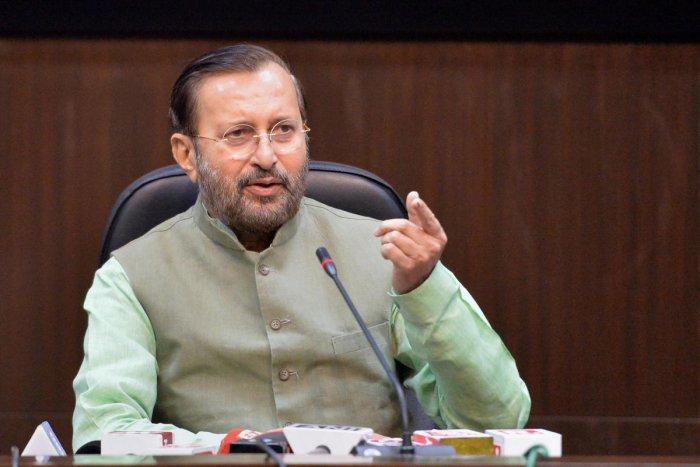Cabinet Nod to Codification of Social Security Laws

Image Courtesy: Deccan Herald
In what can be seen as speeding up of the codification process, the Union Cabinet approved the Code on Social Security Bill, 2019 on Wednesday. With this, the eight existing laws covering provident fund, maternity benefits and pension are set to get subsumed.
A 2019 draft of the code was published on September 17 for public suggestions till October 25. Over 400 comments or suggestions had been received, as per the officials, reported The Hindu.
Among many, the trade unions and other civil society organisations, raised concerns over the “corporatisation” of the EPFO and ESIC and “derecognition” of the welfare boards—contentious proposals that were included in the draft.
The approved Bill enables provision in the code to provide insurance cover, under the Employee State Insurance (ESI) scheme to gig platform and plantation workers, according to a Business Standard report. The ESI law will also apply to all establishments employing at least 10 workers.
Though, the move is touted to be the first attempt to bring unorganised workers under the ambit of the social security law, workers’ bodies have recorded their protest over the application of a threshold limit of workers in an establishment.
Among other proposals in the Bill, government can also change the threshold coverage under EPFO and ESIC through a notification, meaning parliamentary nod will not be needed in that case.
The Social Security Code will subsume eight Central Labour Acts namely Employees’ Compensation Act, 1923; Employees’ State Insurance Act, 1948, Employees’ Provident Funds and Miscellaneous Provisions Act, 1952; Maternity Benefit Act, 1961; Payment of Gratuity Act, 1972; Cine Workers Welfare Fund Act, 1981; Building and Other Construction Workers Cess Act, 1996 and Unorganized Workers’ Social Security Act, 2008.
The 2019 draft of the Bill was third attempt of the Modi Government in “unifying” all social security schemes under an umbrella scheme. The first one was prepared in 2017 and the second one in the subsequent year.
Last month, the Cabinet had approved Industrial Relations Code Bill, 2019 – the third one out of the four – which was later introduced in the Lok Sabha.
The first code, Code on Wages, has already been approved by Parliament. The Code on Occupational Safety, Health and Working Conditions second code was introduced in the Lok Sabha and later sent to a standing committee for review.
Also read: Will New Labour Code be Able to Decode Interests of 39 Lakh Domestic Workers?
With inputs from PTI
Get the latest reports & analysis with people's perspective on Protests, movements & deep analytical videos, discussions of the current affairs in your Telegram app. Subscribe to NewsClick's Telegram channel & get Real-Time updates on stories, as they get published on our website.
























